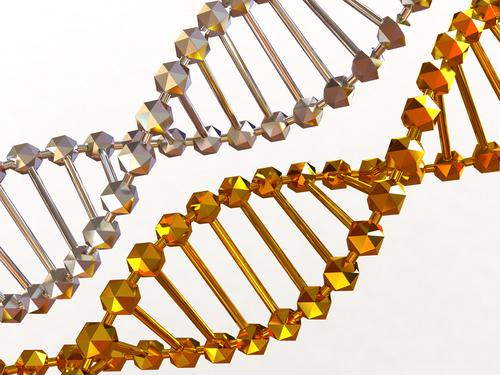As part of the Hallelujah Diet webinar series, we invited Scott Laird, ND, father of two competitive athletes and author of "Escape Root: The Secret Passage to Lifelong Wellness" to host our May webinar. The play on words refers to what a whole food, plant-based diet can offer those who try it: As escape route from the disease and cancer wreaking havoc today. Laird uses his expertise to present on the benefits of a whole food, plant-based diet for athletic performance.
In case you missed this month's webinar, here's a recap of what Laird discussed:
A Vegan Diet For Athletes
Laird opened the webinar by emphasizing that all of the whole, natural foods we need can be found in Genesis 1:29. Not only can these plant-based foods prevent and even reverse the symptoms of disease, they can enhance athletic performance as well. These foods allow for quicker recovery and thus, more time to train and work hard. Many are skeptical that a plant-based diet can really work for athletes, believing the following misconceptions to be true:
- Not enough protein - athletes can't bulk up without meat.
- Plant protein is inferior to animal protein.
- Plant-based diets don't have all the nutrients that athletes need.
The opposite is true: The vegan diet is the BEST for athletes, especially for muscle-bound sports including football, weightlifting and gymnastics.

Acidic Foods v. Alkaline Foods
Did you know that the body replaces cells at the rate of 300 million every minute? When these cells are replaced, it is essential that they are quality cells and cell quality is dependent on food quality. This means that you must provide your body with the best quality and the best fuel for the best results. This is especially important for athletes.
"If the quality of a new cell is better than the old one, the body can heal - this is a primary consideration in athletics," explained Laird. "If you can repair your body faster than your competitor, you can train more often and perform better."
The key then to repairing the body more quickly is alkaline foods. Acidic foods, on the other hand, merely bring down athletic performance. This is because acid-forming foods are opposite to the alkaline state of your body. When you consume refined sugar, refined salt, artificial sweeteners, meat, dairy, soft drinks and spirits or packaged foods, your body struggles to keep that alkaline balance. In this fight, cells break down and thus, athletic performance starts to dwindle as well.
The right sources of alkaline foods that provide protein and nutrition can help the body remove toxins and fat and thus, protect itself from breakdown. In doing so, athletes can enhance their strength, performance and recovery efforts.
The Best Recovery Foods
According to Laird, citrus fruits are one of the most ideal foods to consume after a workout or athletic performance because of the potassium they contain that helps control and manage muscle function while flushing out lactic acid. Potassium is also a great way of replacing electrolytes lost when sweating during physical activity. Whole citrus fruits are the best source - juices contain too much sugar and not enough fiber. You can also obtain potassium from prunes, kiwi, melon and banana.
Other great recovery foods include:
- Freshly extracted vegetable juices and properly processed powdered green juices like BARLEYMAX®
- All raw vegetables
- All raw fruits
- Most raw nuts
- Most raw seeds
- Sea vegetables (nori, dulse, kelp)
- Beans, brown rice
- Sweet potatoes
- Fresh or dehydrated herbs
- Salt-free seasonings
- Sprouted foods

The Truth About Protein For Athletes
Body builders and gym instructors always seem to be pushing protein powders and coaches and parents continue to talk about the need for more protein for their athletes. While the need for more protein is not false, there is a misunderstanding, Laird explained. While athletes do in fact need more protein, they do not need a greater percentage of protein in their diet. Reporting on a review from the journal Nutrition, Laird indicated that everyone needs between 12 and 15 percent protein, whether they are a professional athlete or small child. But athletes do require more calories, which in turn will provide them with more protein.
He went on to explain that plant-based foods are the optimal source of protein, over animal sources. Contrary to animal protein, plant protein does not come with side effects or problems such as saturated fat, trans-fats, hormones, antibiotic residue and the like that increase the risk of disease. Conversely, plant protein is a source of phytochemicals, a defense against sickness and disease.
Athletes successfully performing on a vegan diet include David Hyde, Sydney Laird, Venus Williams and Hannah Teter. To watch the webinar in its entirety, click here.








